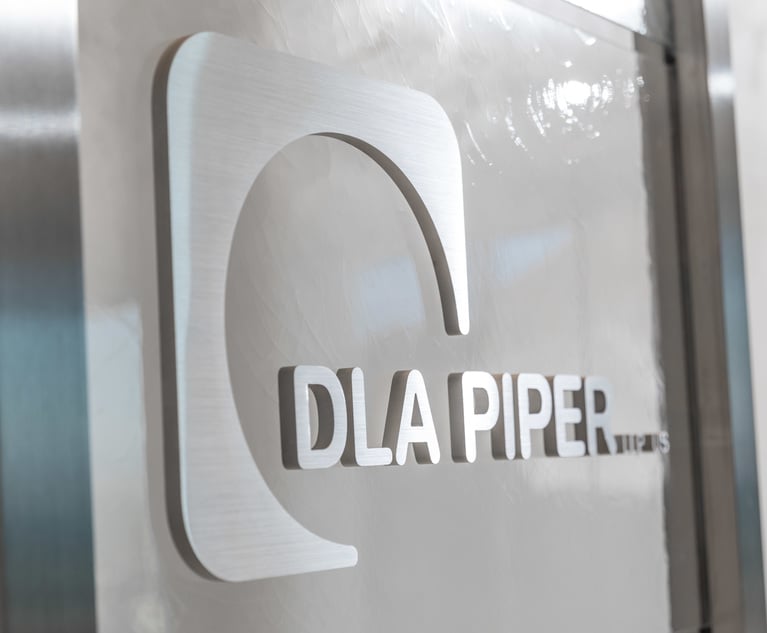 After years of argument, the European Union has agreed terms on a common takeover law. But the Germans almost scuppered the deal at the last moment. Derek Bedlow finds out why
After years of argument, the European Union has agreed terms on a common takeover law. But the Germans almost scuppered the deal at the last moment. Derek Bedlow finds out why
After a mere 12 years of negotiation, lobbying, argument and posturing, three weeks ago the European Union (EU) finally agreed on the terms of the draft Takeover Directive, which will introduce a common takeover law across Europe for the first time. But it was no thanks to the Germans.
In May, only a month before the agreement was due to be signed, the German Government performed a rather sudden about-turn on one of the key measures of the directive, almost setting back the process by years. Only the lack of support for the German position from the other EU members made any sort of compromise possible.
The bone of contention was when so-called ‘poison pills’ – defensive measures intended to make an unwelcome bid unfeasibly expensive – could be used by the management of companies targeted by corporate raiders. The directive says management must remain neutral unless it has gained the approval of shareholders to take frustrating action. The German position was that they should have the right to defend themselves regardless.
One of the key concessions made to the German Government was the extension of the deadline for member states to incorporate the provisions of the directive into their legislatures to 2006. In the meantime, all eyes are on what the German Government will do next. Germany has no statutory takeover law, it only has a voluntary code, the KODEX. While the listing rules of the Neuer Markt insist that its companies abide by the code, foreign companies and those on the blue chip DAX exchange can, and sometimes do, choose to ignore it.







